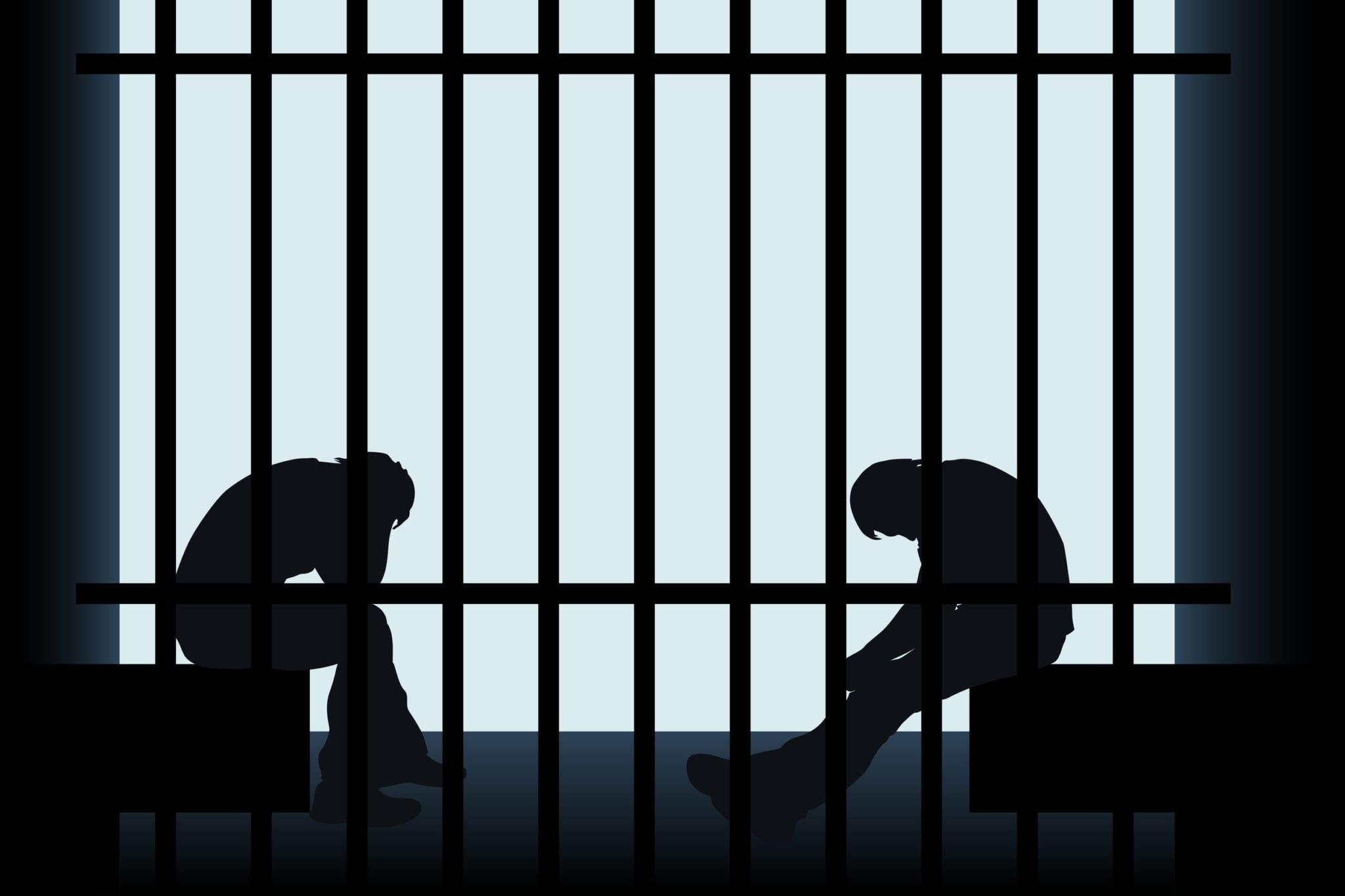In Minnesota, when you interact with police and they suspect you to be a danger to yourself or others around you due to drugs or alcohol, then you can be placed in a detox hold. It’s not simply just one night in jail to “sleep it off,” but a serious situation for all involved.
Here’s what you need to know about detox holds in Minnesota, how long they last, and most importantly, how you can get out of one.
What Is a Detox Hold in Minnesota?
Detox holds are a power given to peace and health officers under Minnesota Statute 2235B.05, otherwise known as the Emergency Hold Law.
Under that law, a physician or police officer (or hospital official) can place you under a detox hold for a mental health or chemical health emergency.
When MN Police Utilize the Detox Hold
A detox hold is a way to control individuals who are unable to or can’t safely take care of themselves even if they’ve not committed a crime. Police may take those who meet the criteria for a detox hold to the hospital or another appropriate facility for as long as 72 hours.
Some people are placed in a detox hold after having contact with the police, such as during a DUI stop. Most of the time, however, detox holds happen because police come into contact with a person who is dangerously intoxicated or when someone calls the police on someone who is.
How to Get Released from a Minnesota Detox Hold
In most facilities that hold people for detox holds, a few factors will be assessed before they are allowed to leave. These include:
- Any pending criminal charges
- Mental health factors
- Blood alcohol levels
- Behavior during detainment
- If you are still a threat to others or yourself
Even if you’re sober, you simply won’t be able to stroll out of the facility when under a detox hold. That’s why it’s important to contact an attorney as soon as you can to help advocate for you on your behalf.
An attorney you secure for yourself will be able to file the right paperwork for your release and help to expedite the process since the release form must be signed by a district court judge in order to secure a release.
Assuming you’re not a threat to anyone else or yourself and you have no criminal charges pending, a good attorney should be able to get you out of the detox hold in just a few hours, as opposed to waiting for the full three days to be released.
Consequences of a 72-Hour Detox Hold
It probably goes without saying that being held in detox is not a great experience for most people, especially if there’s no reason behind your detainment such as a criminal matter or that you were never a threat.
Being in a detox hold takes you away from your friends and family, it may cause you to miss work and risk the loss of your job, and it may have you unfairly labeled as a person who abuses drugs and alcohol when it was really just a misunderstanding.
A detox hold is definitely a place you want to spend as little time in as possible, so understand your rights in case it ever happens to you so you can ensure you don’t have to stay for the whole 72 hours.
About the Author:
Christopher Keyser is an AV-Preeminent rated criminal and DWI defense attorney based in Minneapolis who is known for fighting aggressively for his clients and utilizing innovative tactics to get the most positive results. He has been featured in numerous media outlets due to the breadth and depth of his knowledge and named a Certified Specialist in Criminal Law by the Minnesota Bar Association. Mr. Keyser is Lead Counsel rated, and he has received recognition for his criminal law work from Avvo, Expertise, Super Lawyers, The National Trial Lawyers, and more.







